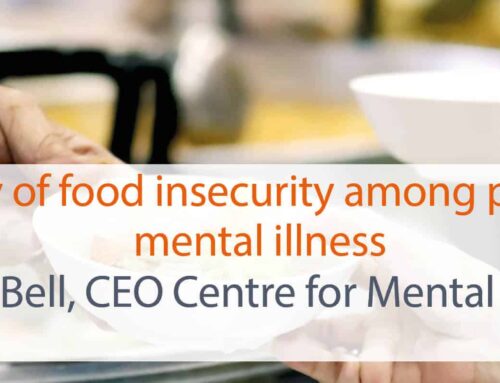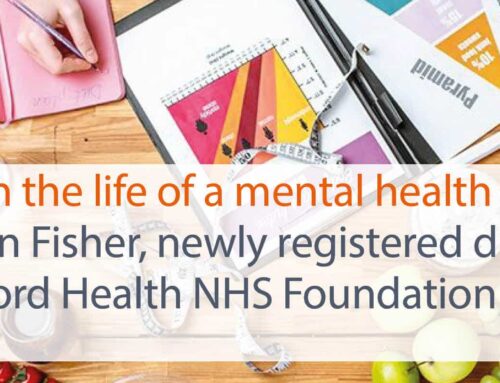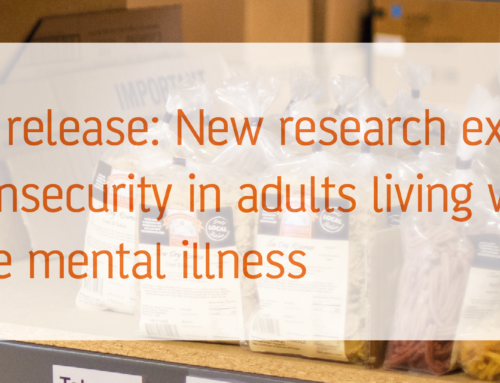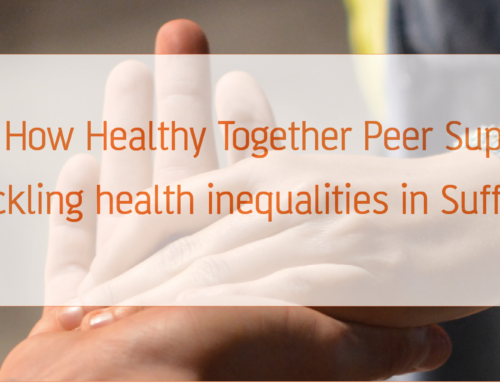
Lauren Walker, Health Sciences researcher, Closing the Gap and York Univesity
Physical health – inequality and barriers
The inequality in physical health of people diagnosed with a mental illness in the UK was an issue of great concern even before the Covid-19 pandemic. Whilst the physical health of the general population is improving over time, people with experience of mental ill health are not just at a standstill in terms of physical health; their health is declining. Of particular concern is the lowered life expectancy (15-20 years less than the general population) of those with severe mental illness (SMI).
Research during the past year looking at health and wellbeing of people with SMI has highlighted some worrying trends, especially as people with SMI are considered to be clinically vulnerable during the pandemic and are likely to have other underlying health conditions such as cardiovascular disease, diabetes or to have difficulties managing weight.
People with SMI face numerous barriers to equality in physical health. Our recent research at the University of York shows that the Covid-19 pandemic and restrictions have increased this inequality:
‘I’m getting my food delivered. I never go out and socialize, so I’m not getting any daylight, any sunshine. I’m not socializing or getting any exercise. I’m eating round the clock, you know, eating through the night. Part of it is my medication that I take but part of it is comfort eating and depression’ (OWLS participant)
Optimising wellbeing in self-isolation study (OWLS)
Our study (which included a survey and interviews with people with SMI) looked at the effects of the pandemic and restrictions on health and wellbeing. It shows that 38% of people in our study reported a deterioration in their physical health since the beginning of the pandemic, and this deterioration was related to adopting behaviours detrimental to health. Half of the people in our study reported smoking more, doing less physical activity or eating less fruit and vegetables.
‘I’ve been so low that I’ve felt very disinclined to do any degree of exercise I normally do and I’m eating much more than I would normally eat and I have a vaping habit which has gone into the deep end really’ (OWLS participant)
‘I think it was just missing the things to do that I usually did. I wasn’t going down the pub. I wasn’t meeting up with people and I just became a little bit frustrated with that and started smoking again’ (OWLS participant)
Our study team contacted participants initially by telephone, with some participants completing an online link and others a postal questionnaire in order for us to include people with a range of preferences for how to respond to our survey as well as people who are not digitally included.
So what?
From personal experience of mental ill health, I know that the things that support physical health such as exercising outside, eating nutritious food and sleeping well are also vital to mental health. The pandemic has definitely meant that I personally have focused more on finding the best ways to take care of myself in these areas.
The health gap is long-term, entrenched and worsening. The pandemic has served as a call to action to some individuals with and without mental illness to change health behaviours for the better. It is time for health services and society at large to keep their commitments to tackling what is essentially a health scandal. It is critical that we look beneath behaviours to the barriers to equality, which can be removed to create a fairer, healthier, happier society.
Our guest blogs share the experience and views of the authors; these views are not necessarily those of Equally Well UK






